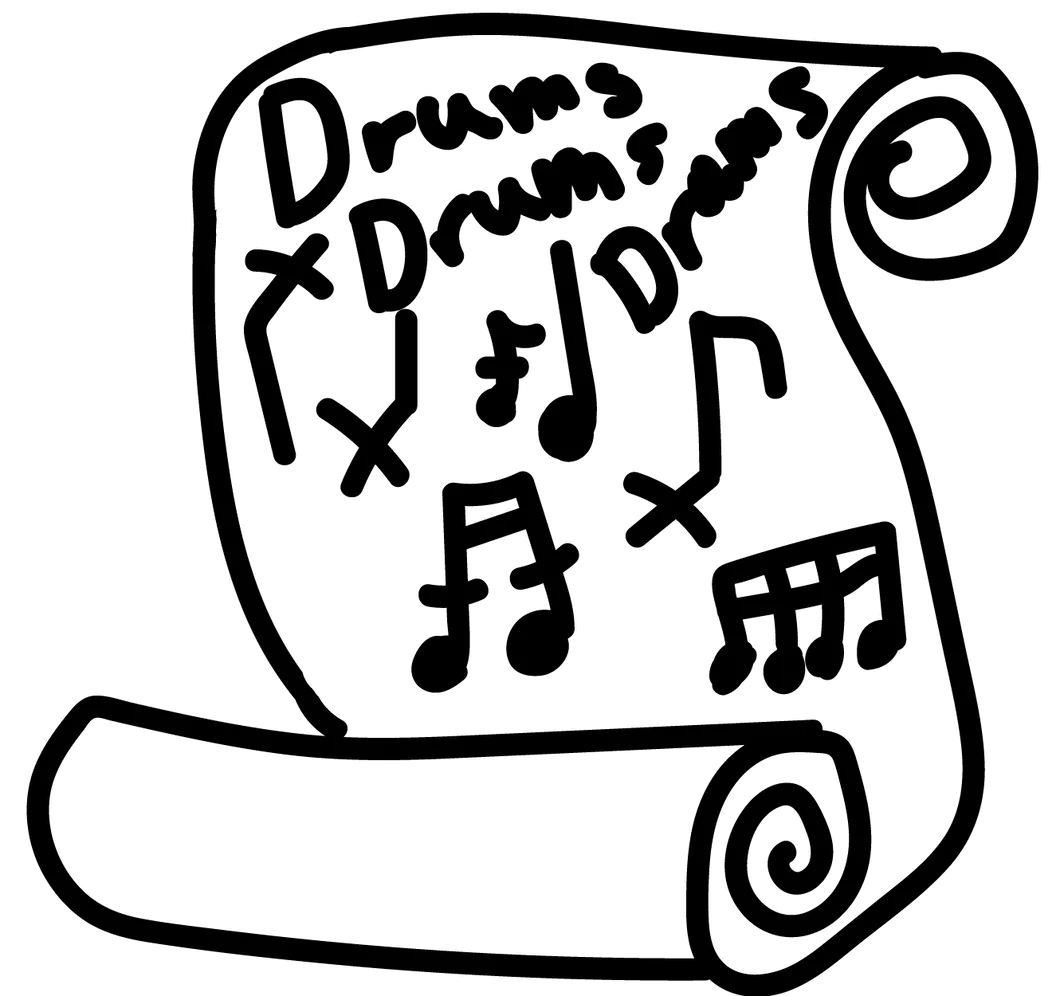There are some exercises that have gained fame and fortune in the studies of instruments. There are so well-known that it’s a matter of minutes before drummers or pianists talk about them. They usually have names that the common mortal wouldn’t understand and that mystery itself envelops the exercise of an even more attractive aura.
I’ll start with one for the piano that a majority of people have heard of: the scales. Although we do scales on piano, scales do not belong only to the piano, any instrument whether melodic like the clarinet or harmonic like the bass has scales, because scales are widely used in music. Ok, how about “arpeggio”, have you heard of that one? It’s a bit less well-known. I could go into what the word means, but this is not the purpose of this blog. By the way, if anyone knows what the purpose of this blog is, write your answer to this address: Purpose of this blog, 555 Purpose of this blog Ave. 493029 Purpose of this blog City in Purpose State. Don’t forget the stamp.
In drums they also got their own jargon. Here’s an easy one: the roll. Do you know what it is? It’s a succession of strike so close to each other that they almost sound like a sustained note. You got two kinds of rolls: the single and the married one. No, I’m kidding, the single and the double. Yes, double like double stroke roll, no kidding. I’ll propose something a touch more difficult: the flam. Isn’t it an odd name? I’ve always thought that the drumming language was a bit barbaric (thus delicious). The flam is… Listen, I know an excellent drum teacher, you can contact him if you want, I’ll give you his number. All right, all right, let’s get to a monument in drumming, actually, I would argue that’s it The monument. Behold: The Paradiddle! This one is squarely for the initiated crowd, but, would you believe it, it’s a matter of seconds before two drummers start talking about that strange beast. “And Paradiddle this, and Diddle that, etc.”. If you don’t know the term, you might as well try to follow a documentary on the mating habit of the African ants.
You also have some famous books of exercises. I’ll talk about those in another blog. First because this one is long enough and second because I just got a student who came into my studio. Got to go.

